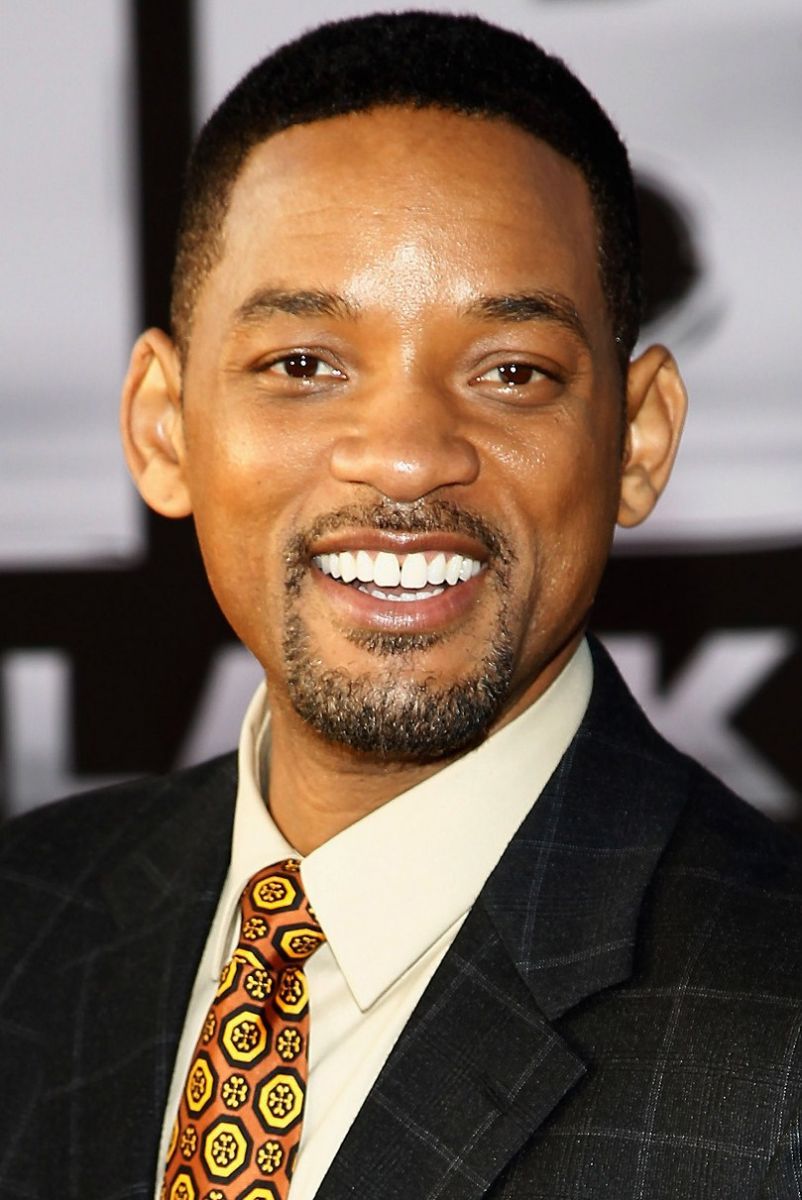Unpacking The Actor Strange: The Unique Power Of Performance
Have you ever wondered what truly makes an actor, well, an actor? It's more than just memorizing lines, you know. There's a deep, almost mysterious quality to what they do, a kind of transformative ability that can feel, in a way, quite strange. We often see them on screens or stages, living out stories that are not their own, yet they make us feel every single moment. It's a fascinating art, really, and it touches something very human within us all.
Think about it for a moment: one person takes on the identity of another, sometimes someone completely different from themselves. They bring a character to life, making us laugh, cry, or even think deeply about the world. This profound connection is at the core of what an actor does. It's not just about pretending, but about a genuine, emotionally engaging portrayal that draws you in.
Today, we're going to explore this unique world, looking at what defines an actor, how they master their craft, and why their work continues to captivate audiences everywhere. We'll touch on the essential elements that make a performer truly remarkable, and perhaps, shed some light on that compelling, almost strange, magic they wield.
Table of Contents
- The Heart of Performance: What is an Actor?
- The Actor's Toolkit: Body, Voice, and Emotion
- From Stage to Screen: Versatility in Action
- Beyond the Script: The Actor as Storyteller
- The Impact Makers: Recognizing Greatness
- The Craft's Deep Control: More Than Just Pretending
- Frequently Asked Questions About Actors
The Heart of Performance: What is an Actor?
At its very essence, an actor is someone who acts, someone who performs. This might sound simple, but the meaning of actor runs far deeper than a quick definition might suggest. Whether they are on a grand stage or in front of a camera, the actor performs in the flesh, bringing a character into being for an audience. This fundamental act of portrayal is what defines their calling, you know.
An actor's primary job, at its core, is to create a believable and emotionally engaging portrayal of a person, whether that person is real or imagined. They step into another's shoes, in a way, inhabiting their thoughts, feelings, and experiences. This isn't just about mimicking; it's about a profound transformation that allows the audience to connect with the story on a much deeper level.
Consider how they use their presence. The traditional medium of the theatre, for instance, demands a very specific kind of live presence, where every movement and sound carries weight. Film and television, too, require a presence, just a different kind, often more subtle. It's this active embodiment that really sets them apart, making them storytellers in a very unique sense.
The Actor's Toolkit: Body, Voice, and Emotion
Actors are storytellers, and their main instruments are their own body and voice. These are the tools they use to transport the audience into a different world. It’s not just about speaking lines; it's about how those lines are delivered, how the body moves, and what emotions are conveyed through every gesture. This requires a bit of supreme control, as a matter of fact.
They exercise very precise control over their voice, their body, and their facial movements. This level of command allows them to shape a performance down to the smallest detail. For example, a slight shift in posture or a subtle change in vocal tone can completely alter how a character is perceived. This attention to detail is truly what makes a performance resonate, you know.
Acting is a performing art that involves so much more than just being able to cry on command. While emotional expression is certainly a part of it, the true depth comes from understanding and embodying the character's inner life. It's about bringing truth to a fictional situation, allowing the audience to feel what the character feels, which is pretty powerful.
From Stage to Screen: Versatility in Action
The world of acting spans many different platforms. An actor might perform in the flesh in the traditional medium of the theatre, where the energy of a live audience plays a huge part. Or, they might work in film, play, television, or radio, where the performance is captured and then broadcast. Each medium presents its own set of challenges and opportunities for a performer, so it's quite varied.
Take Keanu Reeves, for instance. He is a versatile Canadian actor and musician with a career spanning four decades. He is known for his leading roles in action films and has received numerous accolades, including various awards. His ability to adapt his performance style across different genres and formats really showcases what versatility means in this field. He has, apparently, mastered quite a range.
The ability to switch between the demands of a live stage, where a performance unfolds in real-time, and the segmented, often out-of-sequence work of a film set, is a testament to an actor's skill. They must maintain consistency and depth, no matter the environment. This kind of adaptability is, arguably, a hallmark of a truly accomplished actor, you know.
Beyond the Script: The Actor as Storyteller
Someone who pretends to be someone else while performing in a film, play, or television or radio production is, in essence, an actor. But it’s not just about pretending; it’s about becoming a vessel for the story. Actors are the bridge between the writer's words and the audience's experience. They take a script and, in a way, breathe life into it, making the narrative tangible.
Their job is to create a believable and emotionally engaging portrayal of a person, real or imagined. This means understanding the character's motivations, their history, and their place within the story. It's a bit like detective work, really, digging deep to uncover the layers that make a character unique. This deep understanding allows them to present a performance that feels authentic.
Every choice an actor makes, from a subtle glance to a grand gesture, contributes to the overall narrative. They help to transport the audience into a different world, making them forget, for a while, that they are watching a performance. This immersive quality is a sign of true artistry, and it's something that can be felt by anyone watching, obviously.
The Impact Makers: Recognizing Greatness
When we talk about the greatest American actors who are alive today, or the best actors from the USA, we often think of those who have left a lasting impression. Sure, you have your Oscar winners like Tom Hanks and Tommy Lee, who are recognized for their outstanding contributions. But what truly makes an actor great goes beyond awards, you know.
It's about their ability to move us, to make us think, and to embody characters in a way that stays with us long after the credits roll. Consider the impact of performances that spark real-world conversations, like Cooper Koch’s Emmy nomination, which apparently sparked a prison call where Lyle Menendez was on the line. Here’s what the convicted murderer had to say, showing how deeply a portrayal can resonate.
Or think about Andrea Riseborough, who earned an Oscar nomination for her work. These moments highlight how a performance can transcend entertainment and touch on something profound. The ability to create such a powerful connection, to make a character feel so real that it prompts real-life reactions, is a mark of truly exceptional talent. It’s, in some respects, a very rare gift.
The Craft's Deep Control: More Than Just Pretending
Acting is a performing art that involves much more than just being able to cry on command. It’s about a meticulous command over every aspect of one's being. Actors exercise supreme control over their voice, body, and facial movements so as to fully embody a character. This isn't just about faking it; it's about a profound discipline, you know.
They train extensively to develop this control, learning how to manipulate their physical and vocal instruments to serve the story. Every breath, every glance, every posture is a deliberate choice designed to convey meaning and emotion. It's this deep level of precision that separates a casual portrayal from a truly compelling one, making the performance feel very authentic.
This mastery allows them to create a believable, emotionally engaging portrayal of a person, real or imagined. They don't just "act"; they transform, drawing on their own experiences and observations to build a character that feels alive and true. It's a challenging path, obviously, but the results can be absolutely captivating for an audience. To learn more about the art of performance on our site, you might find some interesting insights, and you can also find information on the history of acting.
Frequently Asked Questions About Actors
What is the main job of an actor?
The main job of an actor is to bring a character to life, creating a believable and emotionally engaging portrayal. They use their voice, body, and emotions to tell a story and transport the audience into a different world. It's about embodying a role, not just reciting lines, which is, you know, a pretty big difference.
How do actors prepare for roles?
Actors prepare for roles by deeply studying the script and understanding their character's motivations, background, and relationships. They often research historical contexts or real-life inspirations. They also practice voice and movement techniques to physically and vocally transform themselves into the character, which can take quite a lot of effort, actually.
What makes an actor truly great?
A truly great actor possesses versatility, the ability to portray a wide range of characters convincingly. They show deep emotional honesty in their performances and connect profoundly with the audience. Their control over their craft, coupled with an ability to make the audience feel genuine emotions, often sets them apart, you know, as truly remarkable performers.
The unique power of an actor, that something we might call "actor strange," truly lies in their profound ability to transform. They take on roles, sometimes incredibly different from their own lives, and make us believe every moment. This capacity to embody another person, to evoke such deep feelings within us, is a testament to their skill and dedication. It's a timeless art form, really, that continues to evolve and captivate audiences globally, even today, on this day, October 26, 2023. This enduring appeal is, arguably, what makes the actor's craft so endlessly fascinating, wouldn't you say?
For more on the craft of acting and its profound impact, you might explore resources like Backstage's insights into acting, which offers a broader perspective on this captivating profession.

Hollywood Icons: Get to Know the 10 Most Popular Actors of the Era

Best Actor, Golden Globes Musical Or Comedy: Hugh Jackman Wins Award

The Top 34 Best Actors of All Time, Ranked